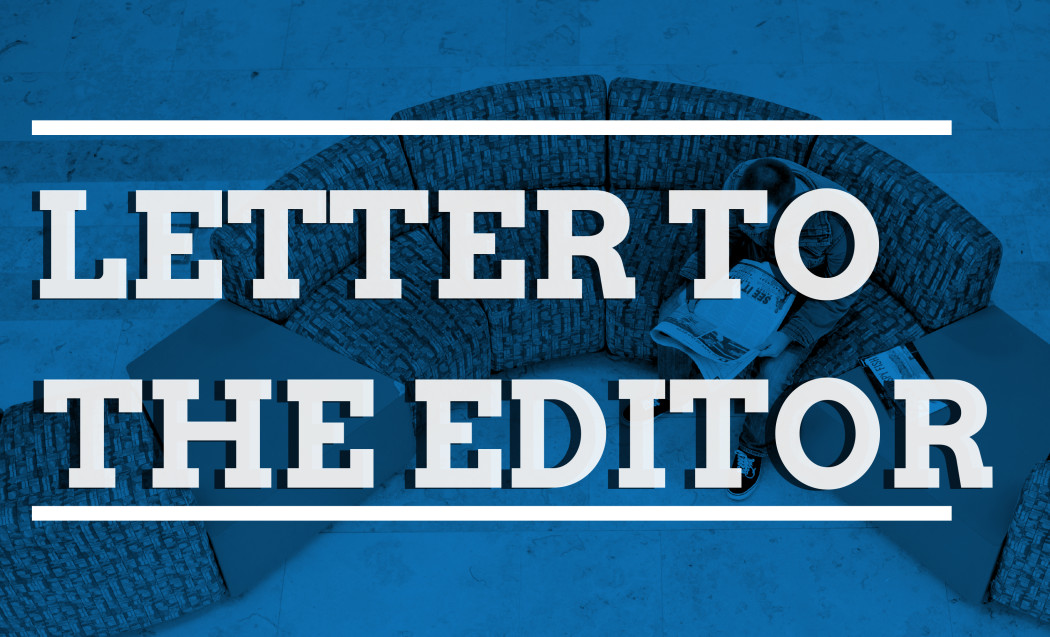Apologies Require Empathy, Not Justifications and Empty Words
A recent letter to the editor caused feelings of hurt and anger for myself and many within the LGBTQIA community here at USU. Said letter cast hatred on the LGBTQIA community and shamed fellow classmates for empathizing. To start, I will say that I am angry and sad that students would show a lack of respect just because someone is different. A follow-up letter, an “apology,” was written shortly thereafter. This “apology” letter was justification after backlash, but not an apology. If you apologize, prove that you mean it. Before you can mean it, you need to understand why your words hurt and angered so many people, myself included.
In outspoken panels, LGBTQIA students “talk about their personal experiences” and “educate others about the community and other issues.” These are real people, talking about real, and sometimes difficult, experiences. And you shamed people in your class for simply respecting these students enough to listen and empathize.
As a member of the LGBTQIA community, I understand how difficult it can be to share my coming out experience. During the coming out exercise, your single moment of discomfort is what many students face for months or years trying to decide whether or when to tell family and friends they are gay, bisexual, transgender, etc. It requires a lot of courage to come out, and it is not a comfortable experience. Feeling discomfort is part of empathizing with your fellow LGBTQIA students. However, if you wanted, you could have escaped that feeling of discomfort by leaving the class; LGBTQIA students cannot escape such feelings (if they have them) because our sexualities and gender identities pervade every aspect of our life, and we didn’t ask for it. We don’t get to ignore the feelings of discomfort when a waiter or waitress brings out two checks and we have to ask for one; we don’t get to ignore feelings of discomfort or fear when called the wrong pronouns in class; we don’t get to ignore the fear of coming out to our families and friends who may or may not be accepting of our sexuality or gender identity.
One aspect you did not experience was the reality of coming out, which is part of the privilege of being heterosexual and cisgender. You have likely never had to worry about whether your family or friends will still love you after you tell them more about yourself. You have never thought about a back-up plan if your family refuses to be a part of your life anymore because you are gay or trans. You get to be naïve about the realities that many LGBTQIA students face because these realities don’t directly affect you; this is privilege and both the previous article as well as the apology article were steeped in privilege. You may have other difficulties, but systemic discrimination and oppression based on your sexuality or gender identity are difficulties you are not likely to face.
Next time, before judging, try to understand things from the perspective of those whom you have judged. And before you “apologize,” think about making things right for those you hurt instead of justifying intolerant speech. You hurt individuals within the LGBTQIA community, and although it may not have been your intention, your intentions don’t matter when you hurt someone. Apologies require time, energy, remorse, and empathy. If you want to really apologize to this community, don’t say empty words, don’t justify your previous responses, but rather show that you understand how what you said was hurtful and steeped in the privilege of being part of the majority group on our campus. All we want is to be accepted and if not accepted, understood. Is that really too much to ask?
#LGBTvoicesMatterToo
— Kaylee Litson is a Presidential Doctoral Research Fellow of psychology.


Bravo Kaylee! That was beautifully written and expressed how I too felt about her so called apology letter. Except the discomfort of coming out never ends for people in the LGBTQIA community. It’s been 6 years since I came out to my friends and family and I still have to think about my words when I meet someone new. Do I say “my girlfriend and our kids” when I’m talking about my home life? Or do I wait to see if it’s safe to share that part of who I am with them and for now just say, “My partner and our kids”? I never know what kind of response I’m going to be met with and I never know if I’m going to be attacked or the target of insults and ridicule. I hope the upset people who felt uncomfort in that class presentation read this and realize how lucky they are that that feeling isn’t a consistent part of their lives like it is for a lot of us LGBTQAI people.